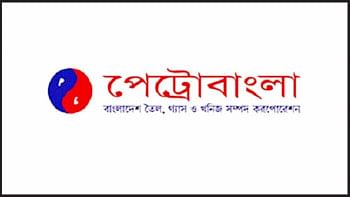World needs to know about Chuknagar genocide: speakers
The genocide of Chuknagar stands as one of the most brutal and unprecedented massacres during the Liberation War, said Shahriar Kabir, president of Ekatturer Ghatok Dalal Nirmul Committee.
He made the remarks during a webinar organised by the Nirmul Committee's Khulna unit, marking the Chuknagar genocide day yesterday.
On 20th May of 1971, thousands -- including children -- were slain by the Pakistan occupation forces at Chuknagar under Dumuria upazila in Khulna.
On the day, the forces sprayed bullets on the helpless civilians from light machine guns and semi-automatic rifles, killing them on the spot within hours.
The victims of the massacre hailed from Khulna, Bagerhat, Satkhira, Jessore and Gopalganj districts. They had gathered at Chuknagar to flee to India through any available border route.
During his speech, Shahriar Kabir also said, "In the history of genocides, it would be difficult to find out a second example of the brutality that was carried out by the Pakistan army against innocent Bangalees in 1971."
Among all the genocides, Chuknagar's was one of the most brutal, he said. "Within only 5 hours, 10 to 12 thousand innocent people, who were resting there before fleeing to India to save their lives, were killed."
Unfortunately, the international community is not aware of the horrific genocide. Even Bangladeshis know very little about it, he added.
Speaking about Pakistani collaborators, he said Prime Minister Sheikh Hasina helped initiate the trial of top-level collaborators by forming the International Crimes Tribunal.
"Now it's time to bring groups like Jamaat, Nezam-e-Islami, Shanti Committee, Razakar, Al-Badar, Al-Shams, who are responsible for the genocide, to book, along with the then Pakistani officials," he said.
Shyamoli Nasrin Chowdhury, vice-president of Nirmul Committee, said, "There has been very little awareness about the genocide of Chuknagar. More research on it needs to be carried out and circulated across the globe."
Chuknagar genocide survivor Sundori Dasi shared her experience at the session. She spoke of the immense hardship she had to face then and still faces to this day.
The programme was presided over by Gouranga Nandi, vice-president of the committee's Khulna unit.

 For all latest news, follow The Daily Star's Google News channel.
For all latest news, follow The Daily Star's Google News channel. 



Comments